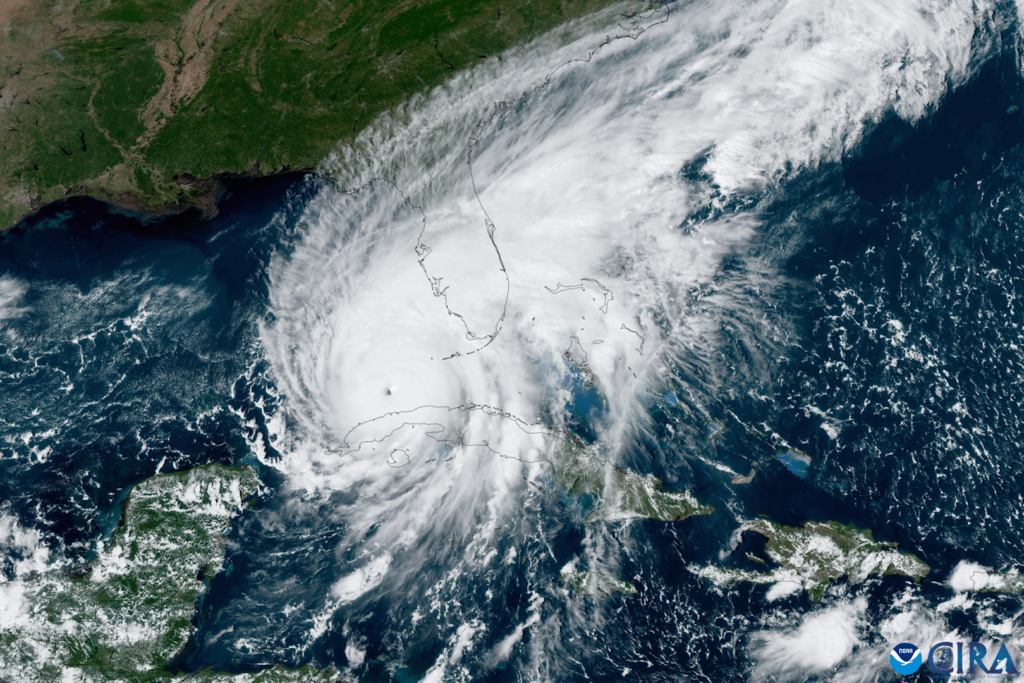
Colorado State University is a key partner in a new $6.6 million Data Assimilation Consortium to improve weather forecasts using enhanced numerical weather prediction systems.
Work through the multi-university consortium will be led on campus by Professor Peter Jan van Leeuwen in the Department of Atmospheric Sciences. The funding comes from the recently signed Inflation Reduction Act through the National Oceanic Atmospheric Administration and includes partnerships with Howard University, University of Oklahoma, University of Maryland, Pennsylvania State University and University of Utah.
The consortium will focus on the field of data assimilation – the science of combining observations of the atmosphere and weather model forecasts, to best estimate the status of the atmosphere as it evolves. It can be used to study how the atmosphere changes over time or to keep a weather forecast model on track through constant corrections with new observations. It can also provide actionable information by improving tropical cyclone intensity and rainfall projections or snow cover forecasts.
Professor van Leeuwen’s group has extensive experience in the field and has been crucial in its development, both through fundamental research and through collaboration with NOAA and other operational agencies on similar weather forecast projects in the past. His team will also leverage an existing partnership with the Cooperative Institute for Research in the Atmosphere in the project – a nexus for multi-disciplinary cooperation between NOAA research scientists and Colorado State University with its own deep experience in this space.
While data assimilation started with weather and ocean predictions, it has since become popular for other disciplines working with large data sets and observations. That includes fields like hydrology, biology, ecology, chemistry, physics as well as health care and machine learning. That growth, however, has led to a shortage of expertise that the new consortium hopes to address through dedicated workforce development activities, said van Leeuwen.
“There is a huge shortage of people with knowledge of data assimilation, and this shortage is only expected to grow. This new project will train 26 new people in this field where NOAA alone could easily absorb 100 or more scientists at this moment,” he said.
The workforce development parts of the project closely match CSU’s mission as a land-grant institution that aims to provide practical education and resources that serve the state’s needs. Professor van Leeuwen said activities at CSU related to the project will include development of student coursework, workshops for current professionals and postdocs, and summer school activities along with partner consortium universities. The university will also help organize and participate in international conferences on the topic – building off success from the International Symposium on Data Assimilation, which was held at CSU in 2022 with 175 participants from around the world.
The Department of Atmospheric Science at CSU is a part of the Walter Scott, Jr. College of Engineering. Read the full press release on the consortium from NOAA online.